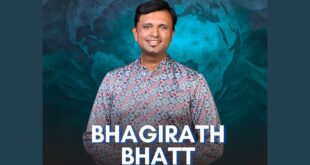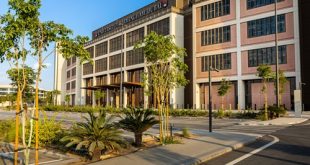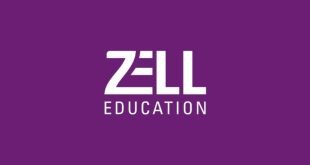Empirical studies reveal how design and delivery mediate developmental outcomes
30 June, Bengaluru, 2025: IIM Bangalore hosted Day 2 of the Symposium on Evidence of Economic Development (SEED 2025), a premier academic forum that brought forward empirical studies on critical issues in economic and social development. Organized by the Economics Area at IIMB and co-chaired by Prof. Ritwik Banerjee, Chairperson, Economics Area, IIMB, Prof. Anindya Chakrabarti, IIM Ahmedabad, and Prof. Pavel Chakraborty, University of Lancaster, SEED 2025 convened eminent scholars to present evidence-based insights into behavioural economics, public policy, infrastructure, markets, and socio-economic development.
Day 2 of the symposium presented an eclectic array of research studying how access to infrastructure and identity-based constraints affect welfare, market access, and technology diffusion.
Prof. Tanika Chakraborty, IIM Calcutta, shared her research on how rural road connectivity under the Pradhan Mantri Gram Sadak Yojana (PMGSY) improves healthcare access among the poor through the increased use of India’s Arogyasri health insurance scheme. ‘The Roads to Hospital and Healthcare Access’ establishes that the development of new roads resulted in a 6.9 percentage point increase in insurance claims — a considerable rise against a baseline mean of 18%.
Prof. Shilpa Aggarwal, ISB, discussed her paper, ‘A Road for all Seasons: Market Access and Inter-temporal Arbitrage in Rural India’, co-authored with Dr. Ishani Chatterjee, which examines the effects of rural road infrastructure on agricultural market efficiency. Drawing on the staggered implementation of the PMGSY scheme, the study finds that improved connectivity enables farmers to delay crop sales and mitigate seasonal price volatility. For areas equipped with storage and credit facilities, the annual price dispersion for non-perishables fell as much as 11%.
Dr. Debi Prasad Mohapatra, University of Massachusetts Amherst, explained spillover effects between India’s wireless service and cellphone markets following the introduction of 4G technology. His structural model describes how the international handset firms’ entry boosted network rollout, increased product range, and enhanced consumer well-being. Titled ‘Spillover Effects in Complementary Markets: A Study of the Indian Cellphone and Wireless Service Markets’, the study warns against protectionism and emphasizes the function of competition in enabling technology adoption.
Prof. Akhil Ilango, IIM Bangalore, presented research on social identity and demand-led diversification based on his authored study ‘Identity, Market Access, and Demand-led Diversification’. With the use of employer-employee caste data and household consumption patterns, his presentation of the study illustrated how caste-based demand segmentation constrains firm growth and decreases consumer welfare. His model suggests that lowering the costs of inclusive hiring can make forms accessible to larger markets and increase overall economic performance.
At the 2nd edition of SEED 2025, economics researchers and policy practitioners offered an informed view of how infrastructure, technology, and identity shape access to markets and public services. Across the two-day event, the presentations were grounded in evidence on the structural barriers to economic participation and the policy levers that can ease them.
 Newspatrolling.com News cum Content Syndication Portal Online
Newspatrolling.com News cum Content Syndication Portal Online







